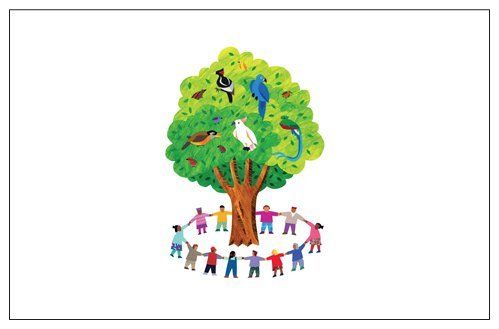Our Focus
Parents are the most important people in a child’s life. In order to develop emotionally, children need strong and secure attachments with their parents and the adults caring for them.This attachment begins as soon as a baby is born providing an emotional base in preparation for life. We can observe this bond when parents make eye contact, touch, speak and sing in a special way that conveys love and care, and in the way that the baby or young child responds positively back. Playing with your child rather than being an instructor is a way to really deepen this special bond. Your child will love spending time with you enjoying your undivided attention. Even a small amount of time each day being a play-partner with your child, will have a big impact on his or her learning, behaviour and emotional development.The Play Partners method is an easy and fun way for parents to play with their children.
Health
Education
Community
OurProgramme
It is essential to remove plastic and commercial toys fromthe space that you are going to use to play together (thiscould be inside and or outside). Such toys frequently restrictplay opportunities and even put a barrier between the child and the adult. Children can become overwhelmed, flitting from onething to the next resorting to banging, isolated or destructive play.
-
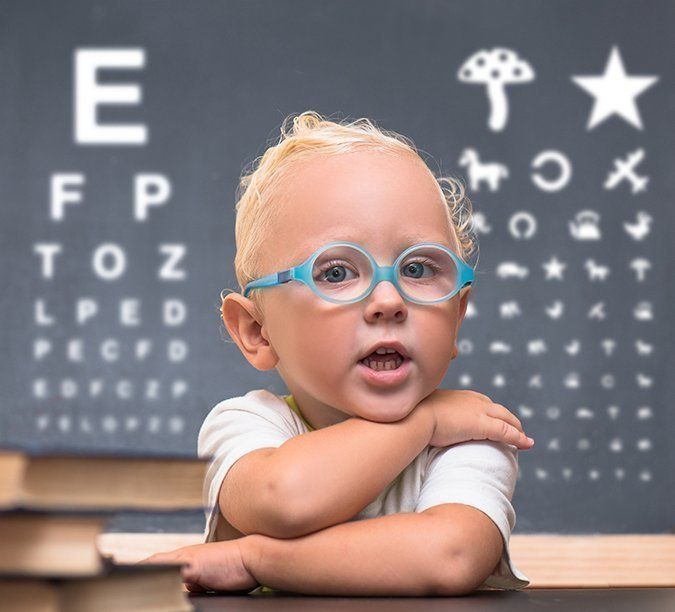
Sight and Hearing
The senses are central to a child's learning and development. Make sure that your child's sight and hearing are functioning properly.
-

Toys
Some children have more toys than they know what to do with, while'st others have few good toys to speak of. Children should have no more than 3 toys out for play at any one time. Use natural resources and every day objects to play creatively.
-
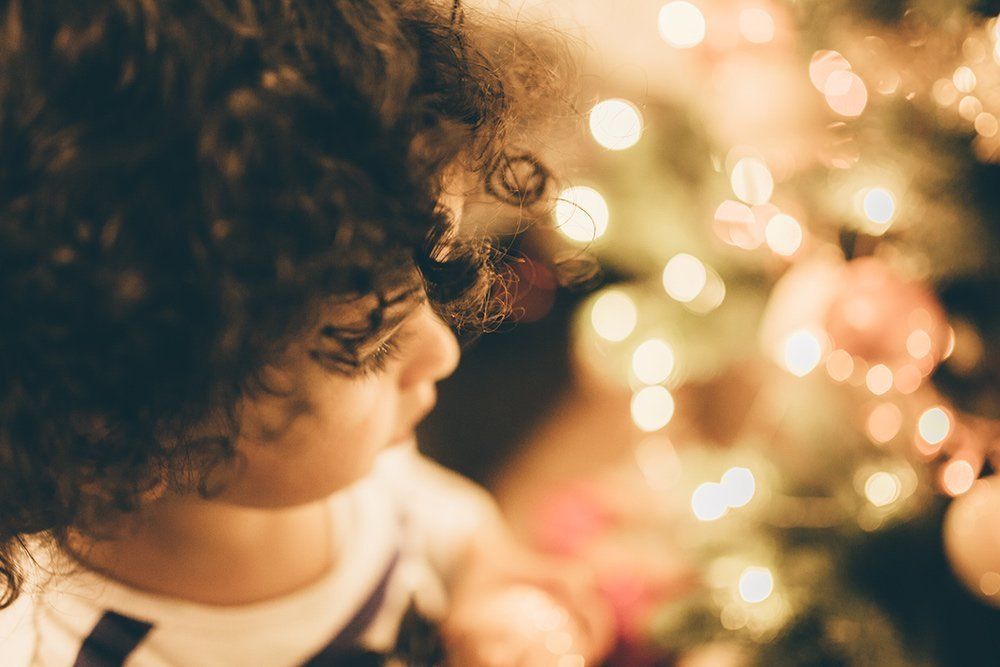
Special Needs
Bringing up a healthy and happy child is particularly challenging for families dealing with children who have special needs. Play Partners can help with developing social skills and language, as well as deepening the bond between parents and children.
-
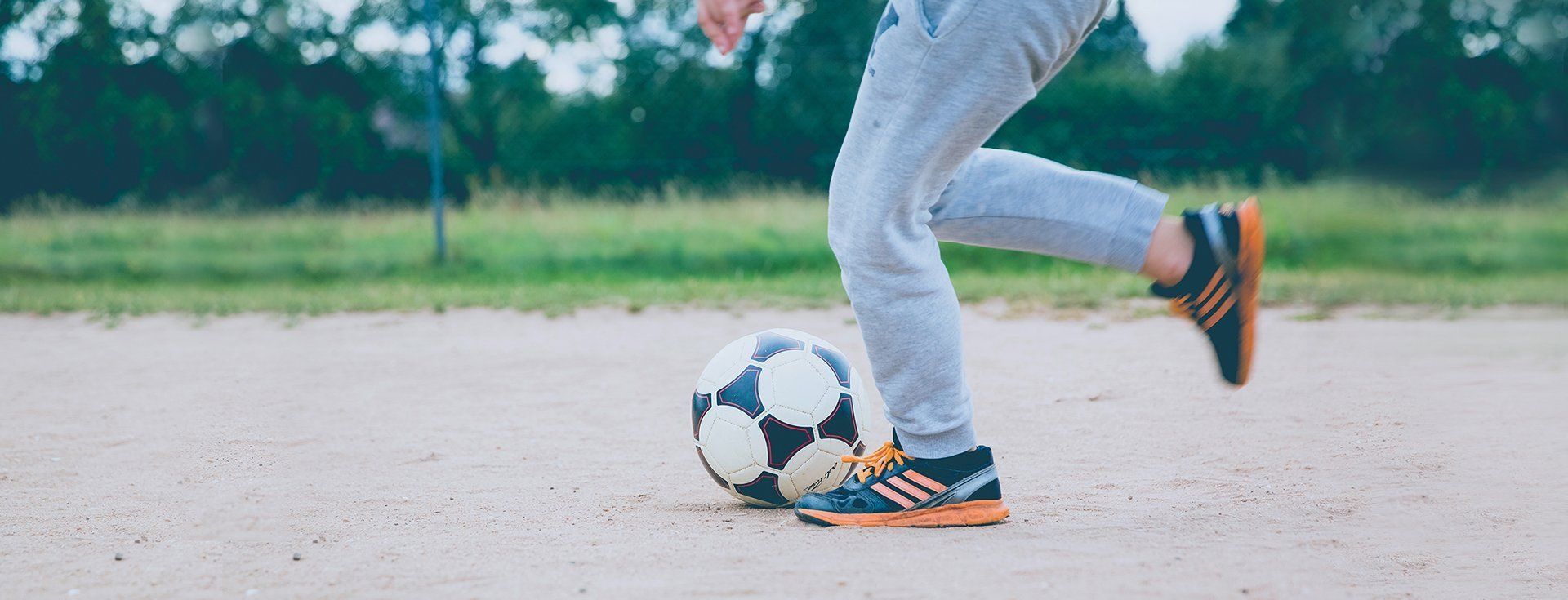
After-school Activities
When school is over for the day, not all children use the time to play or interact. We believe in encouraging children to spend less time on screens.
-
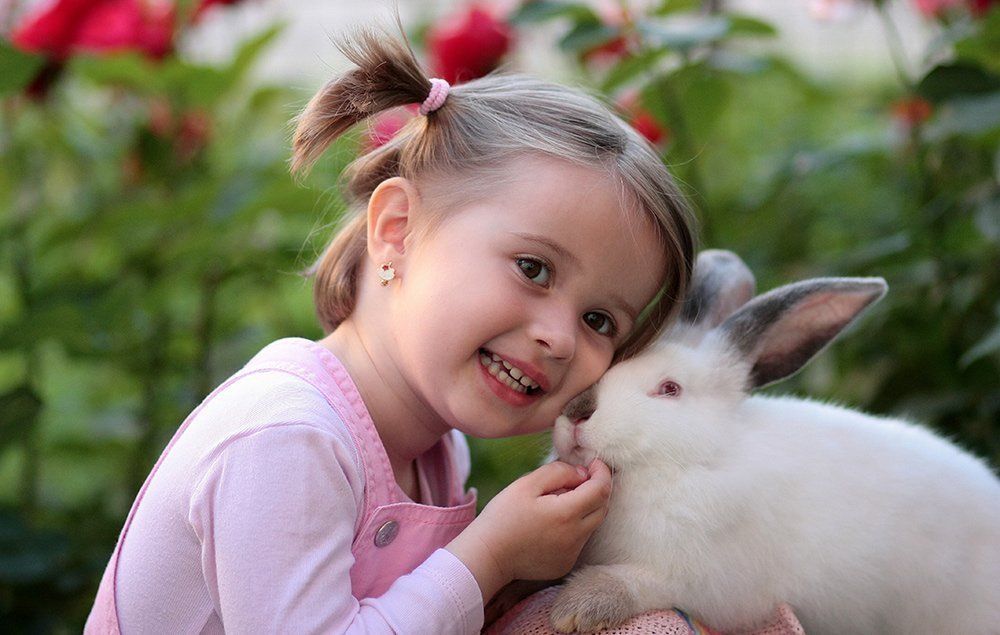
Animal Therapy
Numerous studies have shown that being with animals helps people overcome learning difficulties, emotional challenges and more. Not every family can have a household pet so encouraging children to notice wildlife is important.
